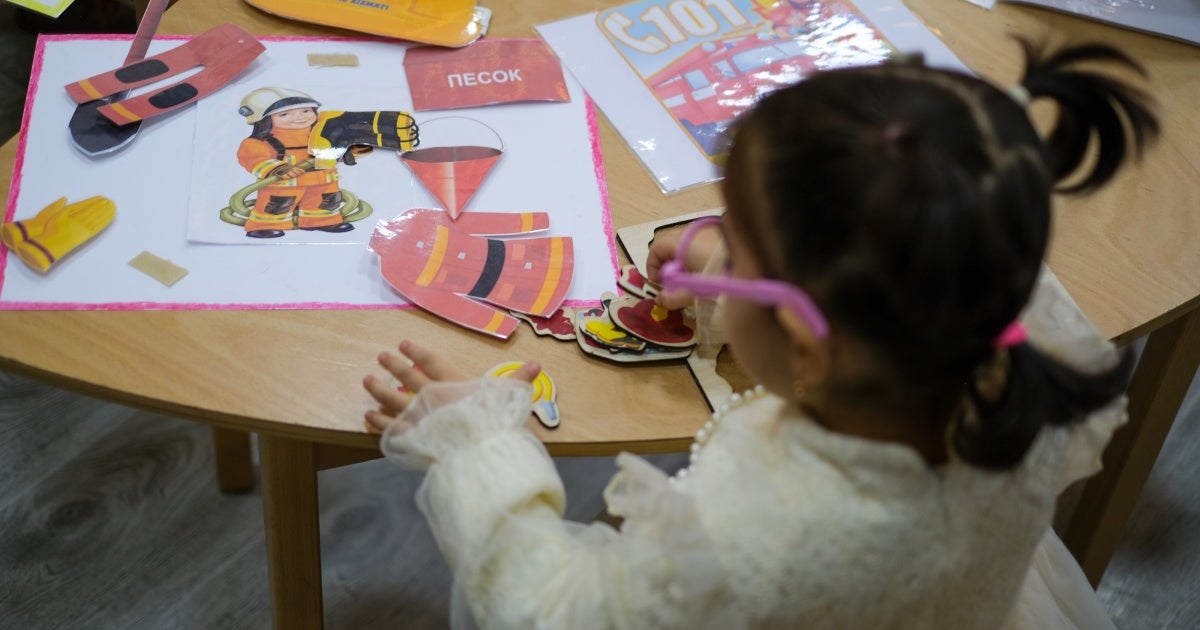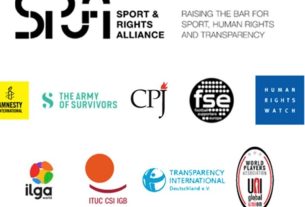The United Nation’s preeminent human rights body, the Human Rights Council, today forged a new path for millions of children who have so far been blocked from education by its costs.
The council approved a proposal advanced by Luxembourg, the Dominican Republic, and Sierra Leone, and cosponsored by 29 other states, to establish a working group of countries to consider and draft a new treaty explicitly recognizing every child’s right to early childhood education, free public preprimary education, and free public secondary education.
The principal international children’s rights treaty, the 1990 Convention on the Rights of the Child, already recognizes a right to free and compulsory primary education. The proposed new treaty would build upon that foundation, recognizing that free primary education alone is insufficient to prepare children to thrive in today’s world.
In 2019, the World Organisation for Early Childhood Education and the Latin American Campaign for the Right to Education shared with the UN Child Rights Committee their research concluding that the existing international human rights framework did not specify that the right to education should begin in early childhood, before primary school. In 2022, the UN’s top independent education expert, Dr. Koumbou Boly Barry, recommended that the right to early childhood education be enshrined in a new, legally binding treaty.
More than half a million global citizens signed an open letter from Malala Yousafzai and Vanessa Nakate, sent by the activist group Avaaz, for a new treaty. Various children’s rights luminaries and scholars expressed support for recognizing rights to free preprimary and free secondary education through a fourth optional protocol to the Convention on the Rights of the Child. Child activists from Child Rights Connect have also supported the initiative.
In a further landmark move, the Human Rights Council also requested today that children be given the opportunity to express their views on the treaty’s substance and participate in the process. This will be the first time that children are consulted and given a voice in the drafting of a new international treaty.
The new working group – which all countries may join – will first meet in 2025. They should act expeditiously to adopt a treaty because millions of children should not be made to wait longer before being guaranteed their inherent right to free education, from preprimary through secondary school.



